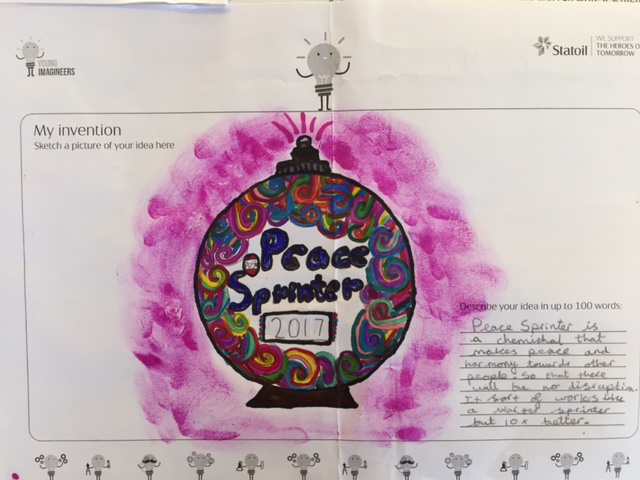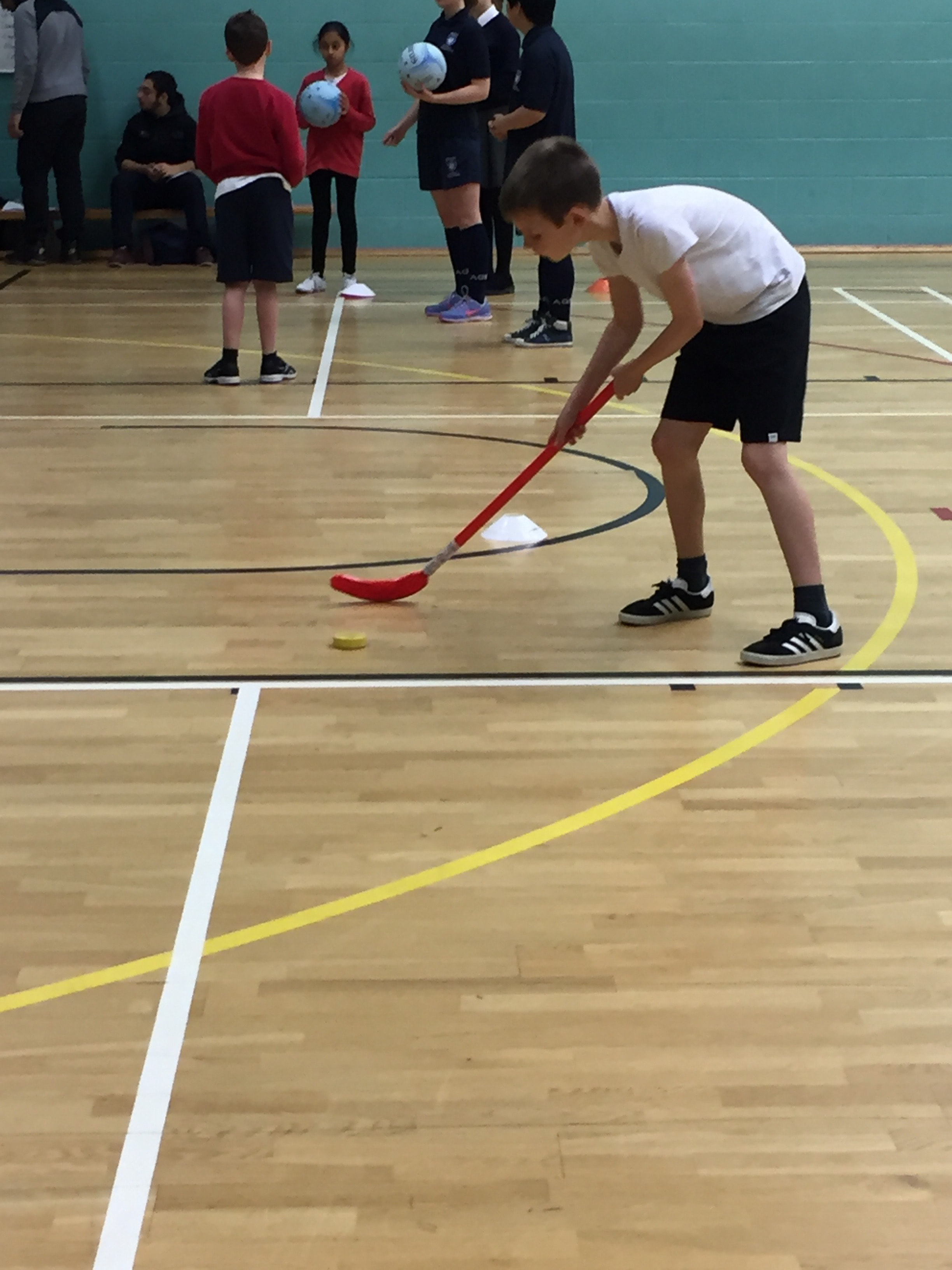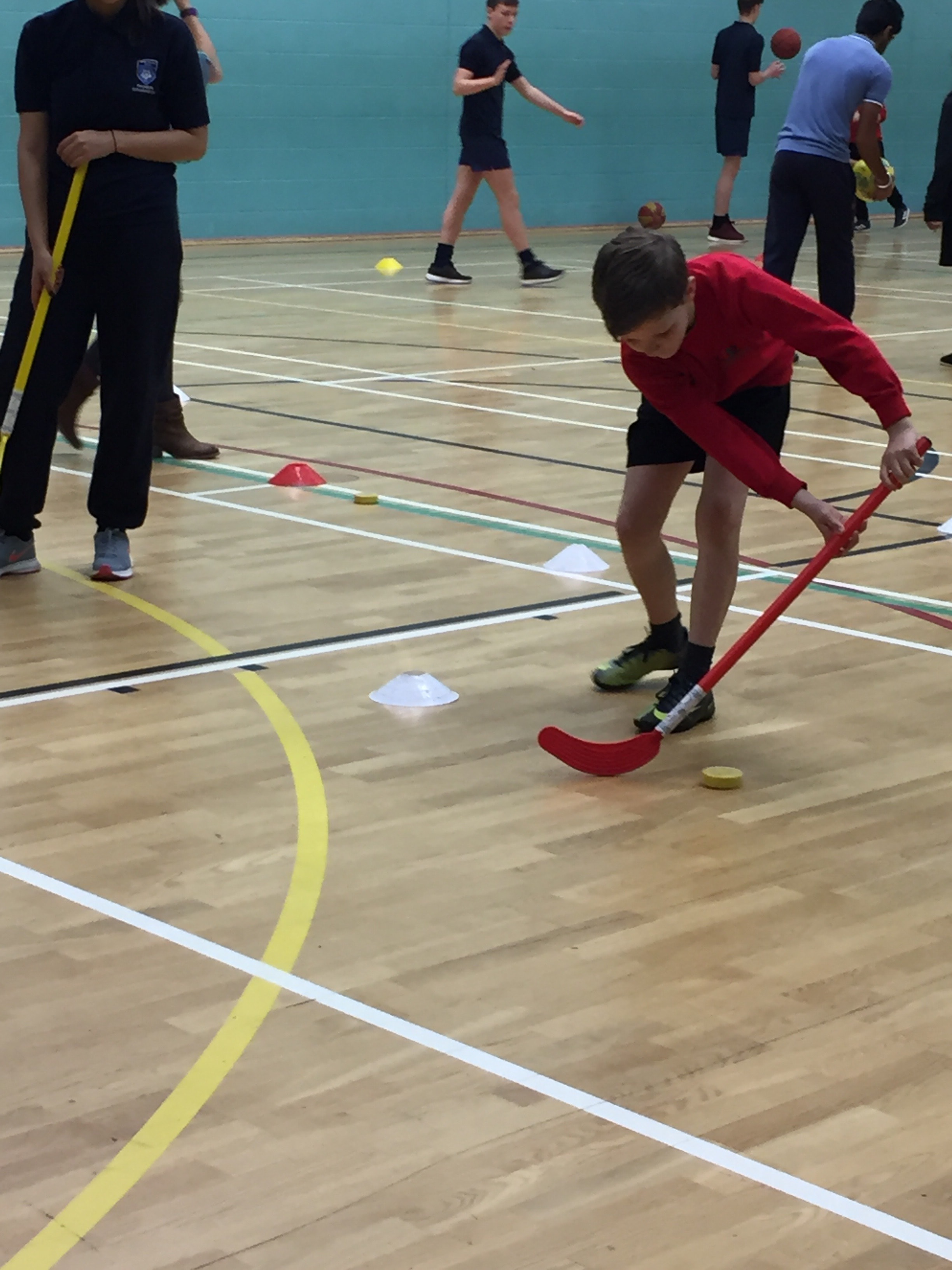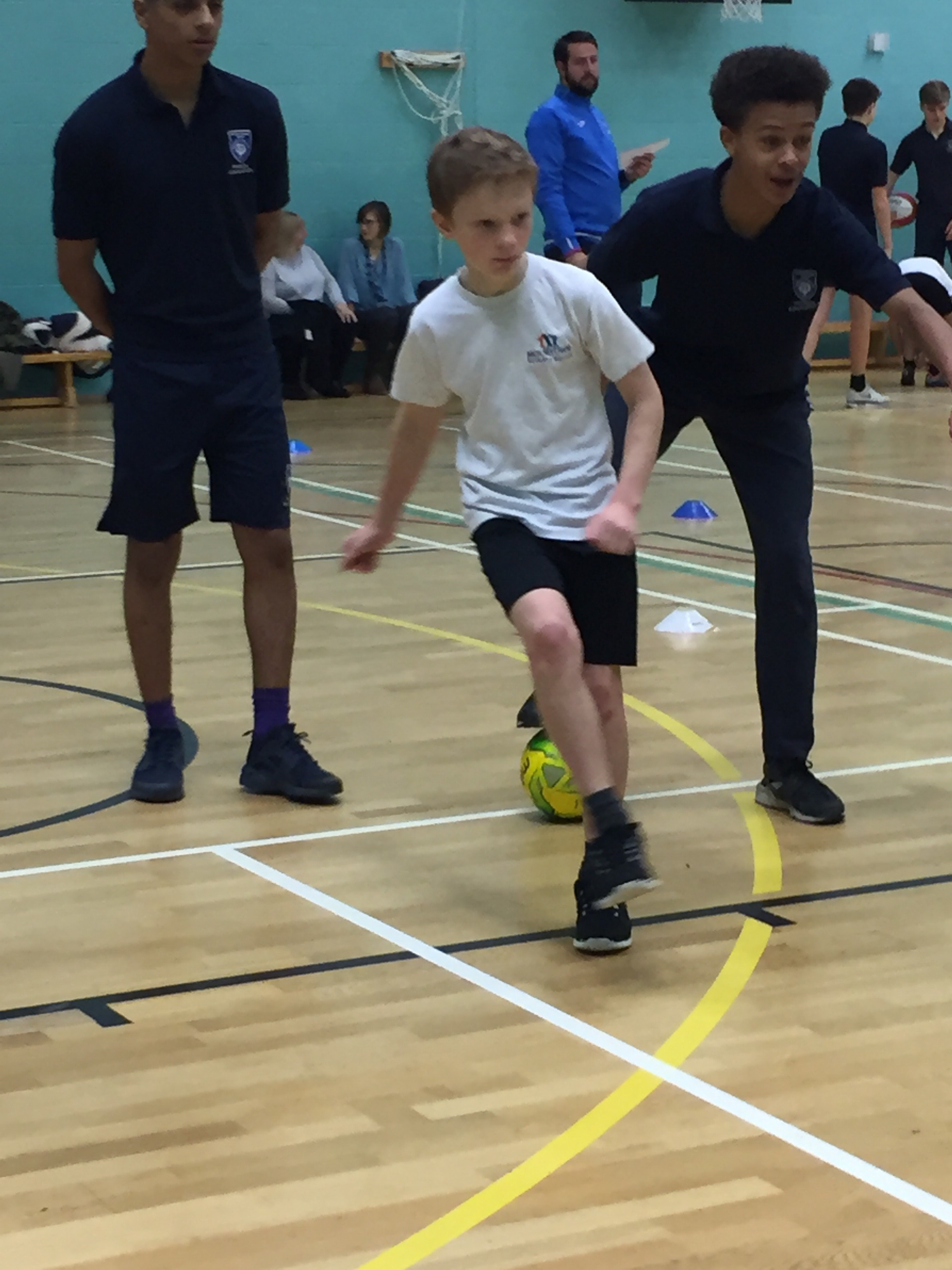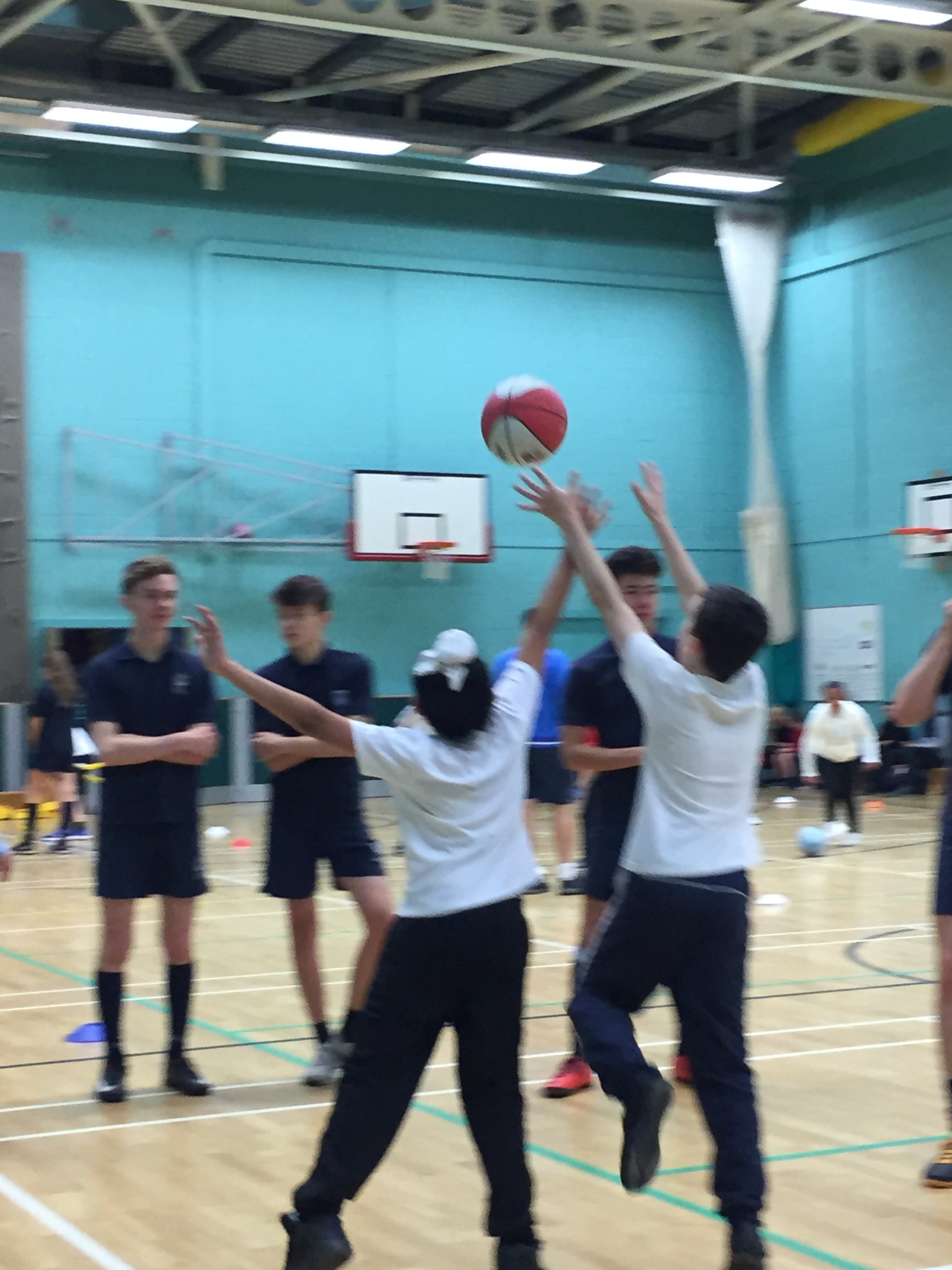Each week, Year 6 are taking on a Science investigation. For the last two weeks, we’ve been discussing whether we can find out the answer to this question:
How long does it take for a 10/11 year old to run 100m?
Last week, we prepared for the investigation by finding out how far 100m would be in our playground, discussing how we would organise ourselves as a class, and preparing data recording sheets.
On Friday, we carried out the investigation which actually tired us out quite a lot.

We decided that each person should run three times which would then allow us to create an average time for that person. So that we didn’t skew our results, each person in the team ran before taking on their second go; this meant each person had the same rest time between runs.
Data was recorded for each person and all groups made very good choices in recording their data in a sensible and organised manner.
This week, we managed to calculate an average for each person. Next week, we’ll create a group average which we’ll then use to create a class average and decide whether this information can be used to answer our original question.
 Salt-Water Purifier
Salt-Water Purifier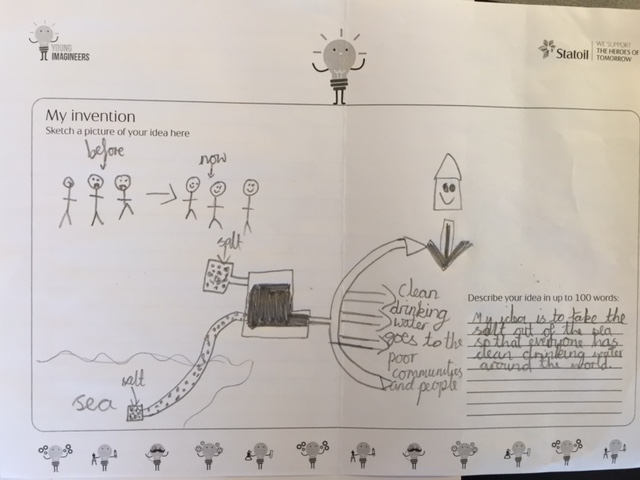 Air-Powered Vehicles
Air-Powered Vehicles Insta-Charger
Insta-Charger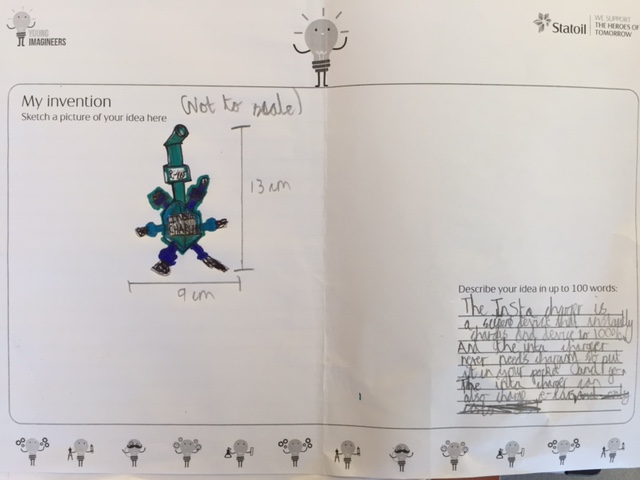 Peace Sprinkler
Peace Sprinkler